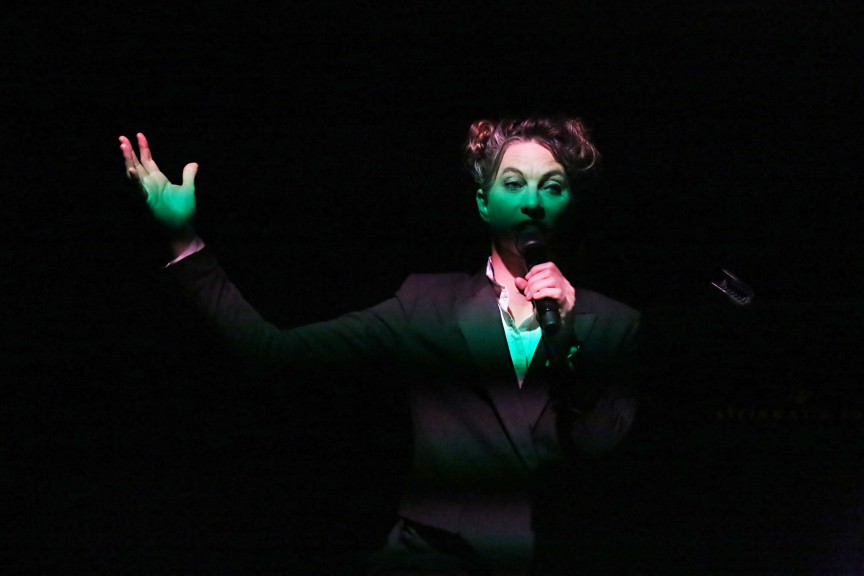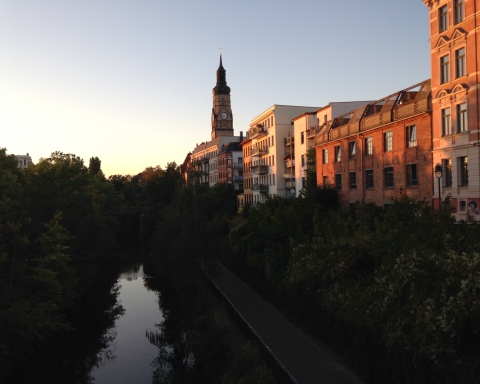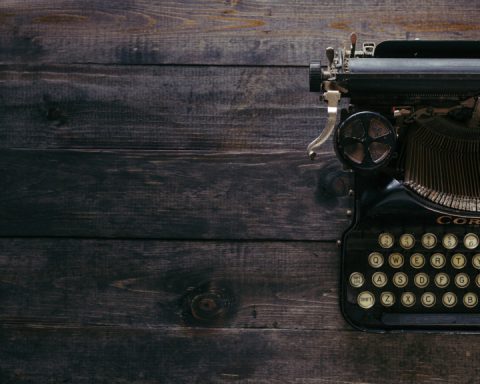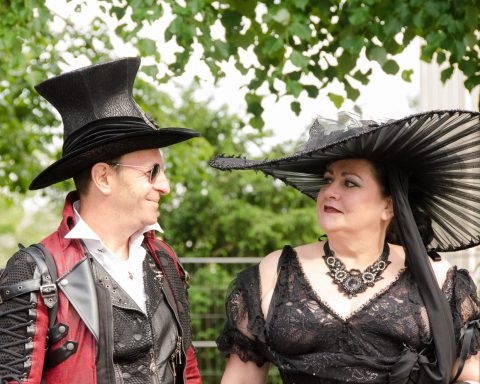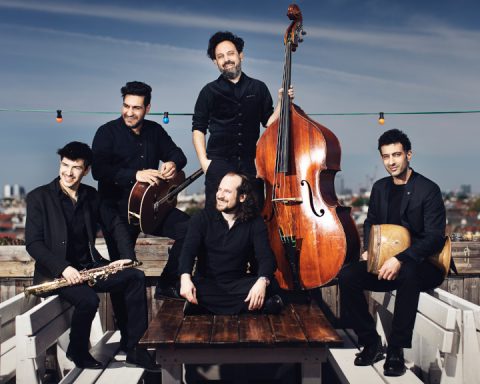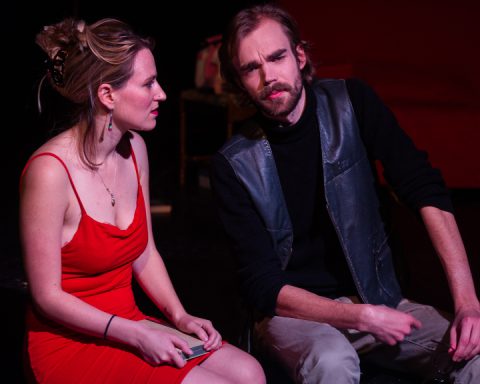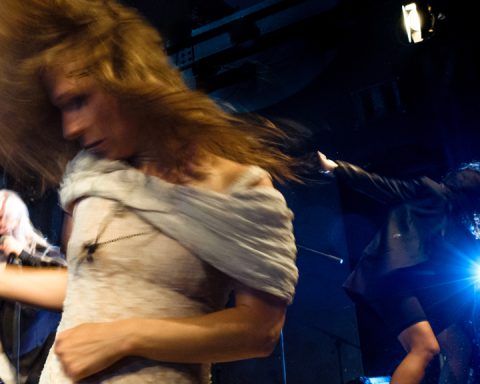The experience of American musician Amanda Palmer with crowdfunding came about in a very analog way at first. Knowing about her dissatisfaction with her record label and its high demands for album sales, fans began to hand her cash contributions at concerts.
That’s when she realized it might be possible to break away from the pressures of a “soul-sucking major label” and instead focus on making music the way she wants to, for those who really care. After all, her mix of punk and cabaret “is not for everyone,” as she shared with her TED audience some years ago.
That’s all right with Amanda now – better to have closer and more meaningful contact with fewer people, who will definitely be there for her, as her music will for them. She started giving her music away, but asking for help to be able to keep that going: “letting people pay for music, rather than making them.”
“I rely less and less on outside voices to validate my art,” Amanda told LeipGlo in the lead-up to her Leipzig concert on 25 September. “I used to fantasize about having the mainstream media tap my head with their magic wand of authenticity. Now I know it’s an illusion. The truth value of my work comes from my audience, not from the critics.”
Amanda Palmer thinks back on the five years when, after graduating from a liberal arts university, she worked as a living statue she calls “The Eight-Foot Bride,” all the while trying to get established as The Dresden Dolls duo.
While drivers out on the street would yell for Amanda to “get a job,” those on the sidewalk with her – who gave her a cash contribution and in return got a flower and kind look from “The Eight-Foot Bride” – understood that a humane exchange was taking place, to make each other’s day at least a little bit less tough. She has translated her living statue experience, which managed to keep her afloat on a surprisingly stable income, into how she navigates the music industry and interacts with her fans.
When Twitter came along, she started putting last-minute requests on it for assistance while on tour, and fans would happily oblige. But the real breakthrough for her crowdfunded solo collaborative career came from Patreon. The online platform was launched six years ago to allow for a more direct and sustainable relationship between creators and their supporters.
Amanda now has more than 15,400 patrons on her Patreon page, and they played a key role in making possible her latest and intensely biographical album, There Will Be No Intermission. Crowdfunding has also enabled collaborations with people like Amanda’s father Jack and performances with her husband, British author Neil Gaiman, without her having to worry whether this would be a commercial hit.
“It’s impossible to explain how massive the impact is, not just on the art, but on the business,” Amanda reflected in her LeipGlo interview, regarding crowdfunding and particularly Patreon. “It’s such a refreshing, no-bullshit and non-corporate way of working: to have a trusting audience who supports you unconditionally. I have never felt so free as an artist. I wish only more women and artists outside the commercial system could learn to harness the same power.”
From sharing her life and work so openly – on- and offline – to inviting local acts into her concerts to often doing couch-surfing and crowd-surfing, Amanda has established a bond with fans that’s rare among celebrities.
The musician has a special bond with Germany itself: She lived in Cologne and Regensburg in the past, and threw a Kickstarter campaign party in 2012 in Berlin where she stripped naked and let backers draw on her body, as a sign of complete trust in her fans.
“I was in love with German art and culture before I came over, and then my living time in Germany sealed the deal,” she recounted. “I’m a deeply emotional person and I found the conversation between art, pain and past in Germany really fascinating. I still do. Doing this show here is healing, for me, for the audience. I think art is such an essential ingredient in moving on. (…) I knew this country would understand the darkness and the honesty of this [latest] album.”
The Kickstarter effort, which involved fans internationally and a whole lot of travel to meet them, funded her album Threatre Is Evil and also brought together Amanda and highly versatile American music producer and composer John Congleton. The two would go on to collaborate on There Will Be No Intermission, released last March via the independent UK record label Cooking Vinyl. Says Amanda:
“John worked on Theatre Is Evil, my Kickstarter record from 2012, and he just absolutely speaks my musical language. We share the same music DNA, the same sense of humor, and we were born just months apart. We’re like weird little twins.”
When asked which performances have been a must-see for her life, Amanda answered: “Hannah Gadsby doing ‘Nanette’ in London. Seeing Bryony Kimmings’s last show, ‘I’m a Phoenix, Bitch.’ Nick Cave two years ago in Sydney. The Cure on the Disintegration tour. Shannon Wright in 1999. All of them gave me permission to be free.”
Currently touring Germany and Europe, Amanda Palmer is very much looking forward to coming over and connecting with the audience at Leipzig’s Haus Auensee – next Wednesday at 8 PM.
It’s going to be a very beautiful night: very accessible. I tell a lot of stories. They’re dark, and funny, but I always bring everyone back into the light. I swear I won’t leave you bleeding in the woods. Bring a friend to cry with. And be on time! The show starts punctually.

